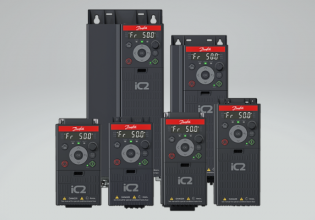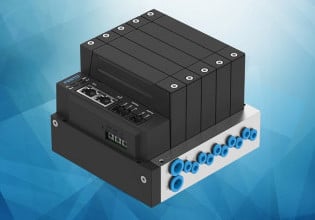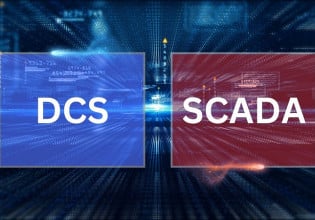R
Are there any defined address ranges in the ModBus protocol? We have kind of established the address ranges for different types of values by ourselves. From time to time, we encounter customers/vendors that excpect certain types of values to be in certain address ranges.
I have tried to search in the available ModBus standard documentation, but haven't been able to find any strict rules for address use.
If anyone know of such a definition in the STANDARD, please let me know!
I have tried to search in the available ModBus standard documentation, but haven't been able to find any strict rules for address use.
If anyone know of such a definition in the STANDARD, please let me know!






